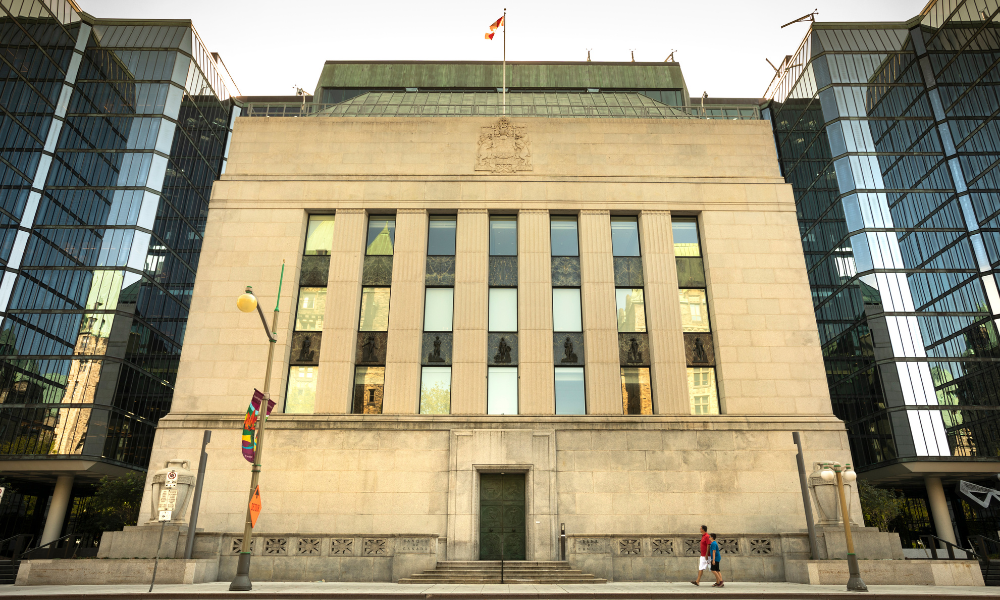It also slashes global and national growth predictions

While many economists have predicted the Bank of Canada’s interest rate will peak at 4%, the Organisation for Economic Co-operation and Development (OECD) has gone 50 basis points further, predicting a rate of 4.5% in 2023.
The OECD also slashed its 2023 predictions for global growth and Canada’s GDP growth by 0.6% and 1.1%, respectively. It now expects a global growth rate of 2.2%, instead of the more optimistic 2.8% it cast last June, and Canada’s GDP growth to slow to 3.4% this year and 1.5% in the next. It warned that inflation could push major economies into recession in its most recent economic report titled ‘Paying the Price of War’.
“The global economy has lost momentum in the wake of Russia’s unprovoked, unjustifiable, and illegal war of aggression against Ukraine,” said secretary-general Mathias Cormann. “GDP growth has stalled in many economies and economic indicators point to an extended slowdown.”
Read more: How is Canada's economy dealing with the Russia/Ukraine war?
Inflation was already overstepping central bank targets before the Ukraine war. The conflict worsened matters by pushing up energy and food prices as well as labour costs, the OECD said, making inflationary pressures increasingly broad-based.
The OECD expected a 6.9% inflation rate in Canada this year, which would then recede to 4.5% in 2023. This forecast is still higher than the Bank of Canada’s target range of between 2% and 3%. The OECD stressed the need for major advanced economies to make further policy rate increases to reduce inflation, admitting this would likely involve a period of below-average growth.
Read next: Bank of Canada to ensure greater transparency with each policy rate announcement
Weighing monetary policy tightening has become harder than ever for central banks, which face an uncertain outlook and potential spillovers from tightening in other countries. The OECD stressed the need for careful monitoring to guard against policy rates tightening too much or for longer than necessary to bring down inflation.



